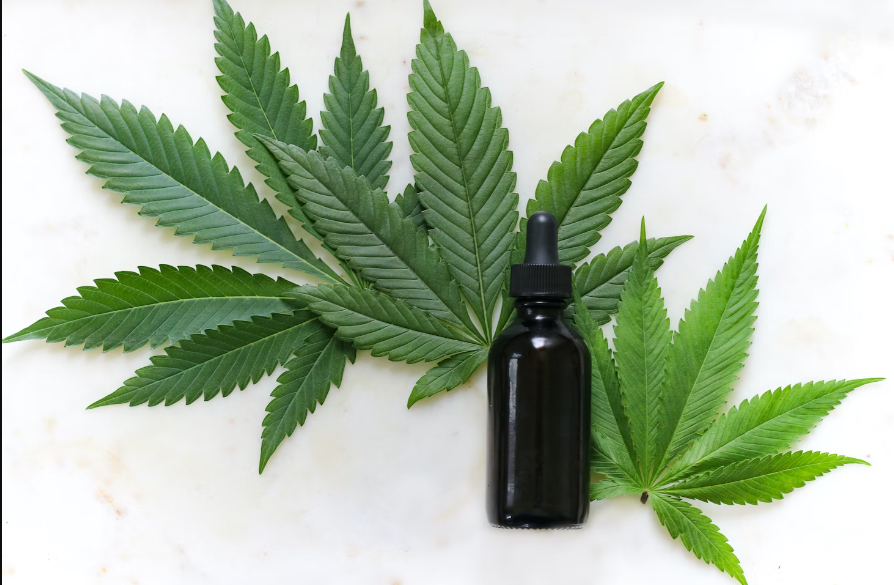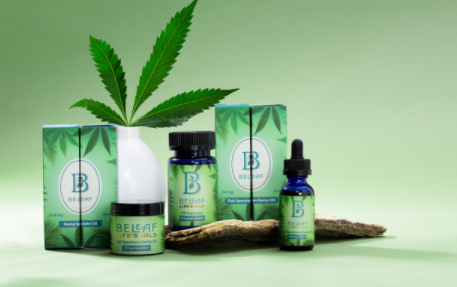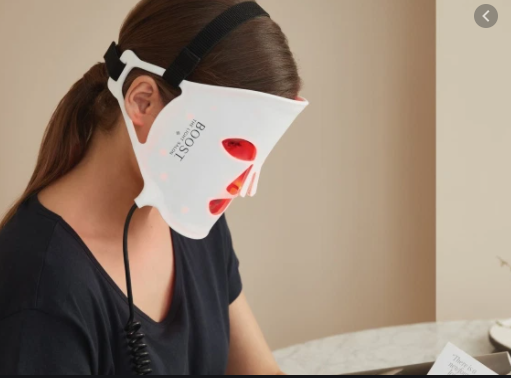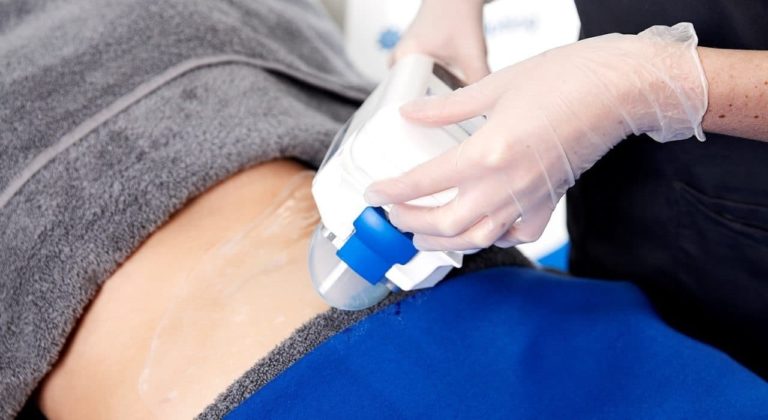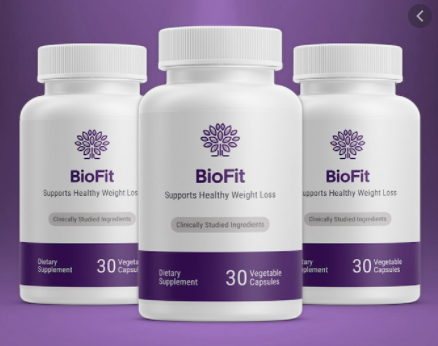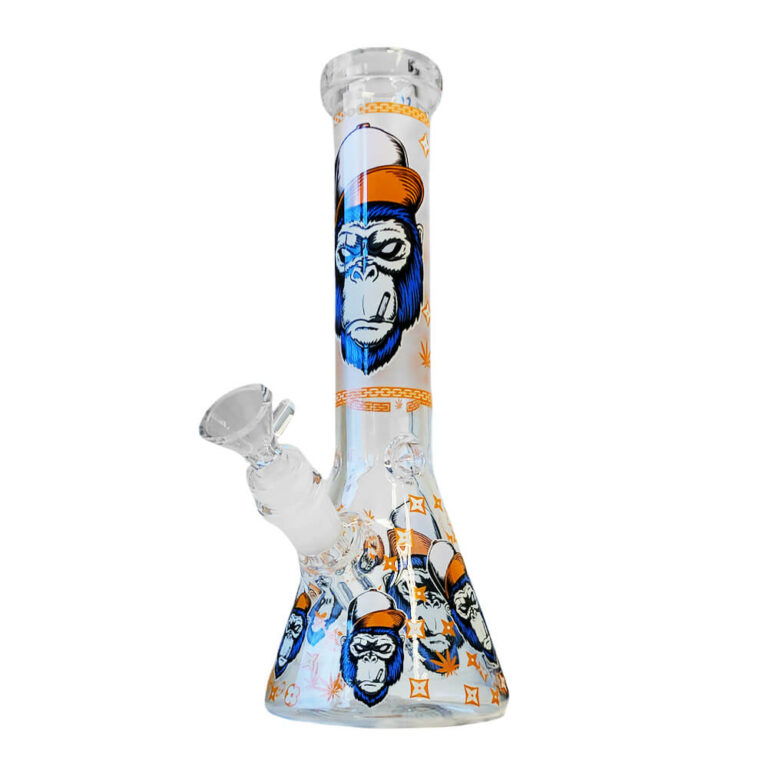CBD: Everything You Need to Know
While CBD was first isolated from its parent plant, Cannabis Sativa, in 1940, its popularity (and coinciding clinical research) has only increased since the early 2000s. It has been touted as a “miracle” cure-all for all kinds of ailments, from chronic pain to anxiety and depression and even cancer.
These days, you can purchase everything from CBD gummies to a $125 CBD-infused sports bra, which begs the question, have we gone too far with the CBD craze (and does it even work)? In this article, we’ll go over the facts about CBD and break down its benefits, drawbacks, and limitations.
What is CBD, and how does it work?
Cannabidiol (CBD) is a chemical compound found in the Cannabis Sativa plant, and it’s most commonly extracted from hemp. It is non-intoxicating, meaning it does not produce any mind-altering effects, unlike its better-known cousin, THC (or tetrahydrocannabinol).
CBD works by interacting with our body’s endocannabinoid system (ECS), which comprises receptors found throughout your body. It helps to regulate bodily functions, including mood, appetite, and pain sensation. Achieving CBD’s effects requires users to ingest, absorb, or otherwise apply the compound to their bodies, which can be done in several ways:
- Smoking hemp flower from Secret Nature CBD
- Consuming CBD-infused edibles
- Ingesting CBD oil via drops, capsules, or gels
- Applying a topical lotion or ointment
Due to how it interacts with your body’s ECS and central nervous system, CBD is thought to have potential therapeutic benefits. It might be able to help reduce inflammation, relieve pain, and even improve mental health by easing symptoms of depression or anxiety.
Is CBD legal?
CBD is readily available in most of the US, but its legal status fluctuates from state to state and country to country. The FDA eased restrictions on CDB in 2015 by allowing clinical trials for CBD products, then practically legalized it completely with the 2018 Farm Bill.
In the US, hemp-derived CBD is legal in all 50 states as long as it contains less than 0.3% THC (the component that produces mind-altering effects). Globally, CBD is considered a controlled substance, which varies from country to country.
Is CBD safe to use?
Since they’re sold as supplements, not medications, the FDA doesn’t currently regulate CBD products. In other words, it’s up to the consumer to ensure they purchase a safe product. CBD companies aren’t required to report their manufacturing processes, and some have been found to contain more or less than advertised on their labels.
However, CBD itself is considered safe to use. According to a report from the World Health Organization, there is no evidence of health-related problems associated with using pure CBD and it doesn’t exhibit any signs of being a public health risk.
CBD and its Health Benefits
While CBD has been touted as a cure-all for several medical conditions (some of which actually show promise), the most conclusive evidence exists for its ability to treat childhood epilepsy syndromes, which include Dravet Syndrome and Lennox-Gastaut Syndrome (LGS).
The first FDA-approved CBD-based drug (Epidiolex) was created to treat these disorders in 2018. Animal studies, anecdotal accounts, and some research on humans suggests that CBD is also effective in treating the following medical conditions:
- Anxiety: Among the most heavily-researched benefits of CBD, its ability to ease symptoms of anxiety is well-documented and strongly supported by human clinical research. In fact, more than half of adult CBD users report using it for this purpose, according to a recent Forbes Health survey.
- Inflammation: Studies have shown that CBD can reduce the body’s pro-inflammatory responses and potentially even help to manage chronic illnesses associated with inflammation.
- Pain relief: CBD topicals are common pain relief remedies, as they directly target the source of pain. CBD oil has also been found to help with migraines and fibromyalgia.
- Cancer-related symptoms: Research suggests that CBD can help reduce nausea and vomiting due to chemotherapy or radiation therapy, as well as boost appetite in cancer patients.
- Addiction: Under certain conditions, CBD has been shown to reduce tobacco and heroin cravings, as well as the symptoms of opioid withdrawal. Animal studies have also shown its ability to help in treating stimulant addictions.
What is the best way to consume CBD?
The best way to consume CBD depends on your individual needs. Let’s take a look at the different ways to use CBD and their potential benefits.
Smoking CBD flower
Those who choose to smoke CBD flower enjoy the most immediate and noticeable effects. The main benefit to this form of consumption is the ability to adjust your dosage quickly and easily. Smoking also offers quicker absorption than other forms of consumption, but it is also the most short-lived, lasting approximately one to two hours (depending on a variety of factors).
There are greater health risks associated with smoking than with any other form of consumption. Inhaling smoke can cause damage to your lungs and respiratory system, so this method isn’t ideal for those with pre-existing health conditions like asthma or COPD.
CBD edibles
One of the most popular ways to take CBD is through edibles, such as gummies or chocolates. Edible forms of CBD are often the most convenient, as you can just pop them in your mouth and go. They also offer a fuss-free way to get accurate doses of CBD every day. The downside is that edibles take much longer to kick in (sometimes longer than two hours) and their effects are less predictable.
Topical solutions
Topical solutions are by far the best for those looking for relief from localized issues, such as post-workout soreness, arthritis pain, or skin conditions like eczema and psoriasis. CBD topicals are applied directly to the affected area, which makes them fast-acting and long-lasting. They’re also non intoxicating.
When using topicals, it’s important to read the active ingredients and double-check the reputation of the company; some CBD topicals contain other oils, herbs, and pain relievers that may interact with certain medications.
Endnote
CBD is a promising supplement with potential therapeutic benefits. It’s important to remember that the most conclusive evidence exists regarding its effects on childhood epilepsy syndromes and other medical conditions, but studies are still ongoing for all of its possible uses. Before using CBD, speak to a healthcare professional about any potential risks or interactions with current medications.


